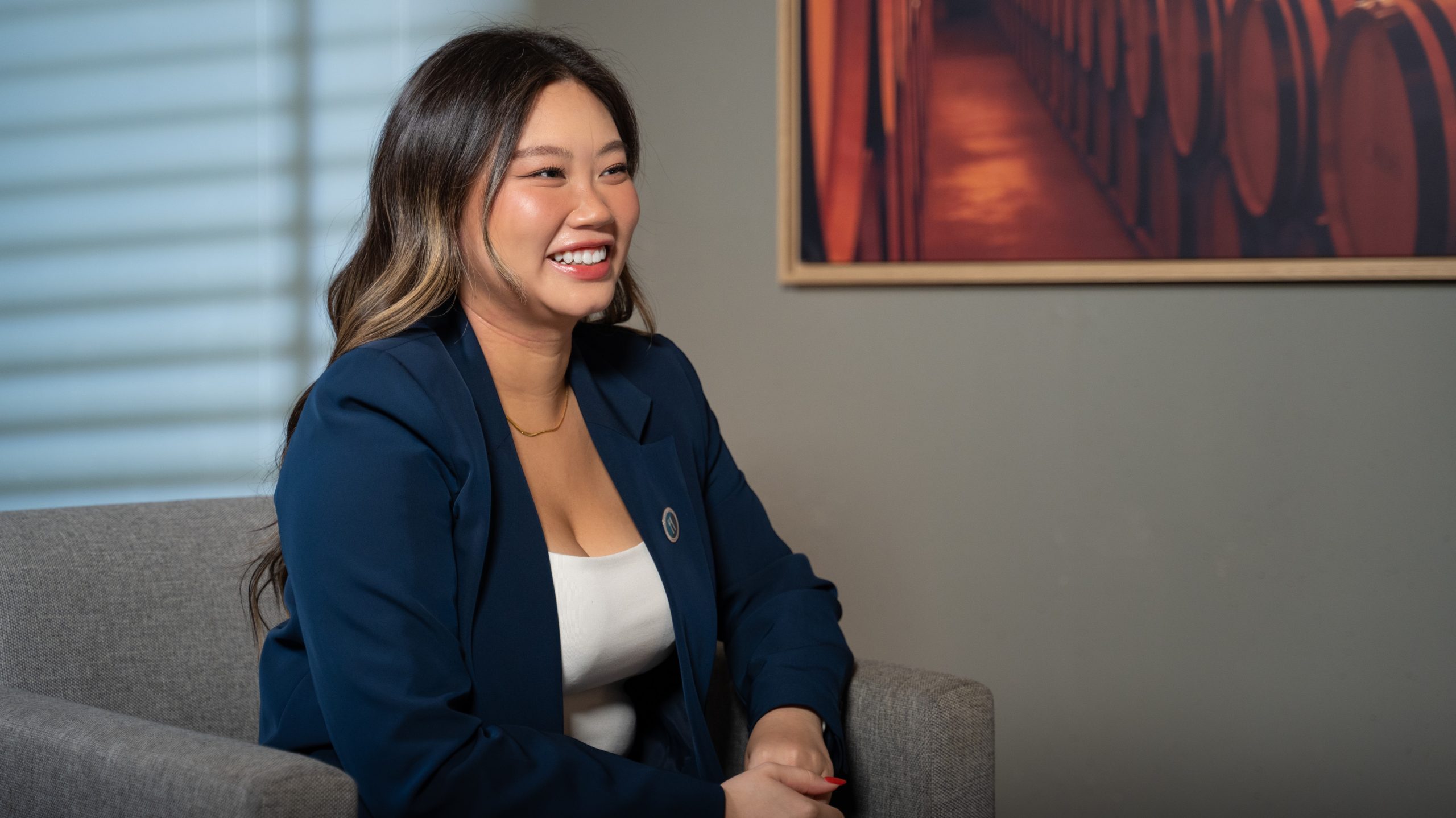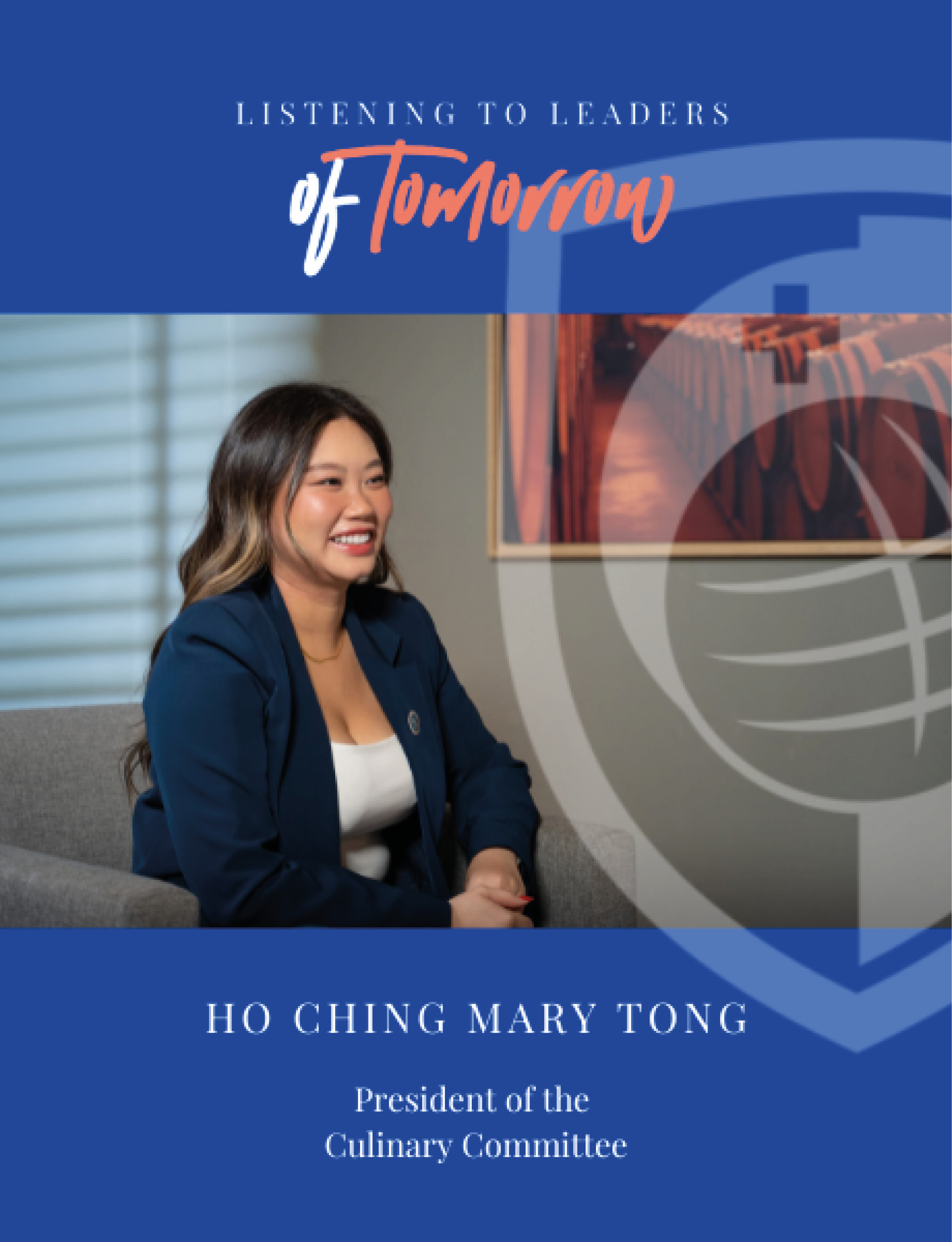


A change of pace for our popular ‘Listening to Leaders of Tomorrow’ interview series, when we explore the heady world of the celebrity chef, in the company of Bachelor student, and Glion Culinary Committee President, Ho Ching Mary Tong…
Gordon Ramsay, Cedric Grolet, Marco Pierre White… you don’t have to be a foodie to recall the name of a celebrity chef. These gastronomic superstars bestride the culinary world, starring in TV shows, publishing a plethora of books and accumulating vast numbers of social media followers.
But just how influential are they in the ‘real world’ of fine dining? It’s a topic that intrigues Glion Bachelor student Ho Ching Mary Tong, from both her personal perspective as a gastronome, and also through her role as President of our Culinary Committee.
So, we sat down with Mary to talk all things celebrity chef; and here’s what she had to say…
Join the leaders of tomorrow
With our exceptional portfolio of undergraduate and graduate degrees, Glion prepares the leaders of tomorrow for career success. Find out how you can join them!
















